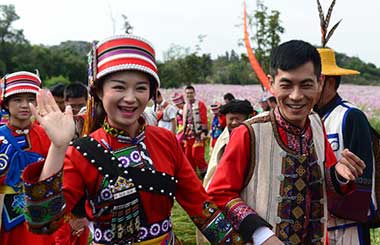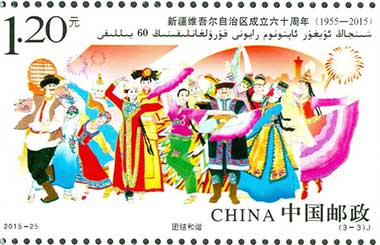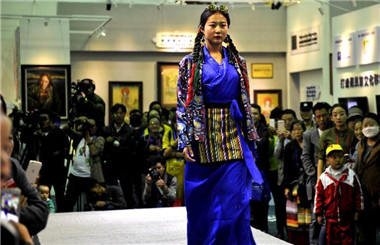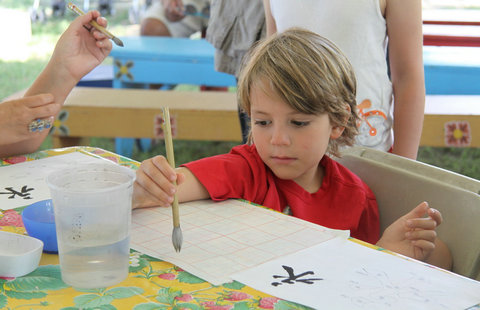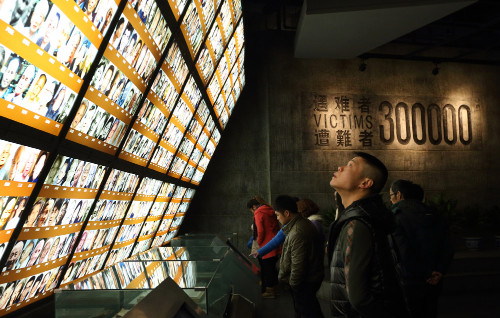 |
|
Chinese people visit the Memorial Hall of the Victims in the Nanjing Massacre by Japanese Invaders in Nanjing, capital of East China’s Jiangsu province. [File photo]
|
The Japanese government has constantly demonstrated a negative attitude towards this. As early as last June, Yoshihide Suga, Japanese Chief Cabinet Secretary, protested China's submission and asked China to cancel its application. At a news conference last Friday, Suga declined to comment on whether Japan had tried to contact committee members.
"When Japan and China are making efforts to improve relations, China is trying to use UNESCO for a political purpose and it is quite regrettable," he said, quoted by the Kyodo news agency.
Kyodo News Agency also reported on Sunday that some Japanese officials questioned the authenticity of documents China submitted, and asked China to withdraw the application, but they were rejected by China.
Started in 1992, UNESCO's Memory of the World program is an international initiative launched to safeguard the documentary heritage of humanity against collective amnesia, neglect, the ravages of time and climatic conditions, and willful and deliberate destruction. It calls for the preservation of valuable archival holdings, library collections and private individual compendia all over the world for posterity, the reconstitution of dispersed or displaced documentary heritage, and the increased accessibility to and dissemination of these items.
So far, there are nine Chinese heritages in the Memory of the World list, including Ancient Naxi Dongba Literature Manuscripts, Ben Cao Gang Mu (Compendium of Materia Medica), Golden Lists of the Qing Dynasty Imperial Examination, Huang Di Nei Jing (Yellow Emperor's Inner Canon), Official Records of Tibet from the Yuan Dynasty China (1304-1367), Qiaopi and Yinxin Correspondence and Remittance Documents from Overseas Chinese, Qing Dynasty Yangshi Lei Archives, Records of the Qing's Grand Secretariat (Infiltration of Western Culture in China), and Traditional Music Sound Archives.


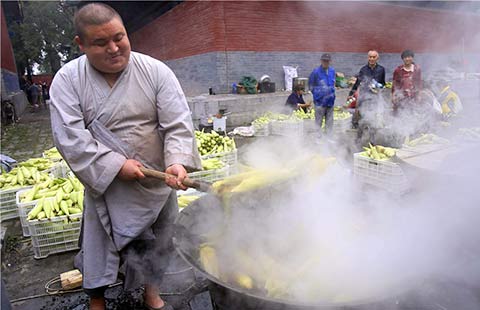


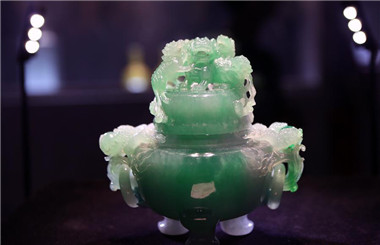
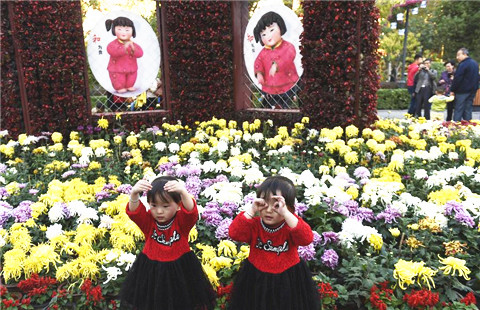
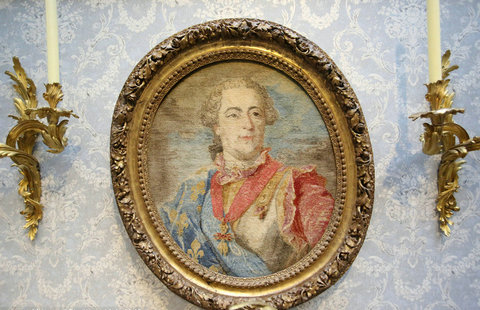
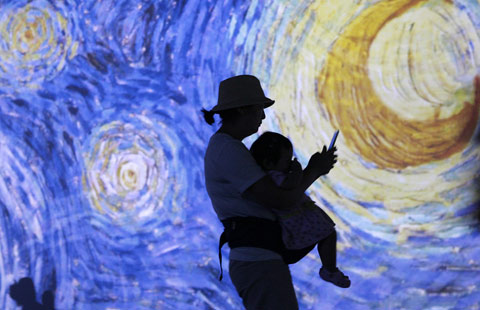

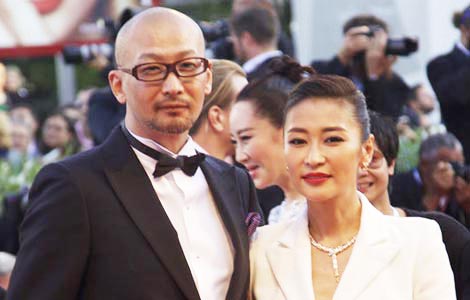

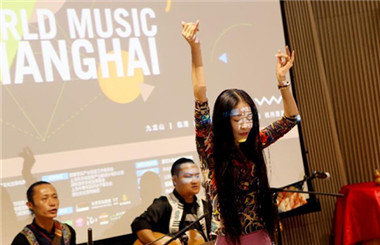






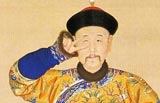

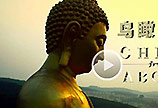
 Raymond Zhou:
Raymond Zhou: Pauline D Loh:
Pauline D Loh: Hot Pot
Hot Pot Eco China
Eco China China Dream
China Dream China Face
China Face
